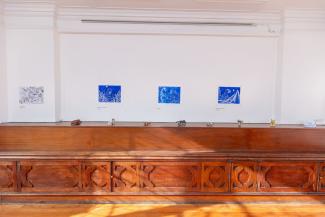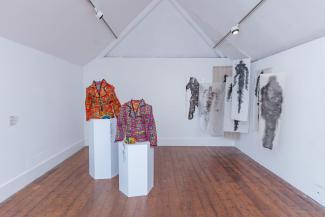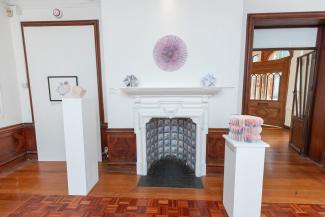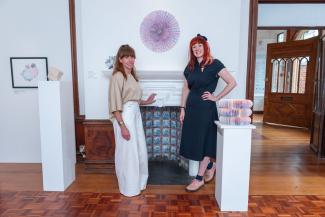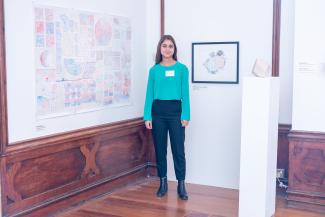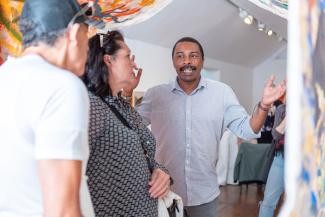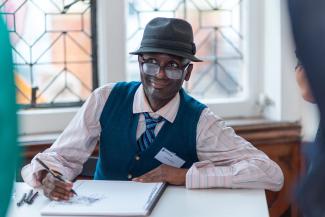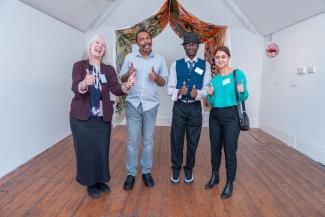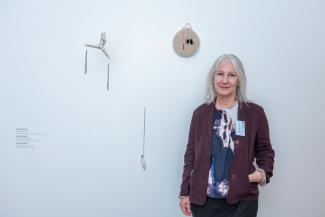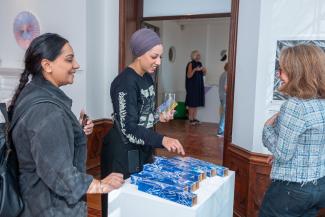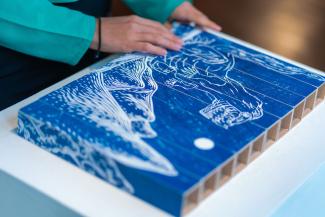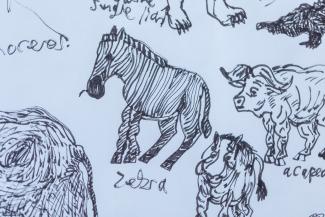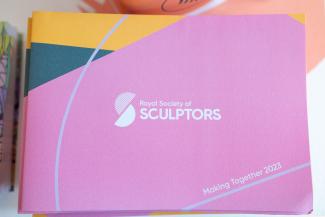About Making Together
This exhibition was the result of a brand new collaboration between Art et al. and the Royal Society of Sculptors, an innovative collaborative programme and inclusive exhibition featuring artists working from UK supported studios, alongside their artistic peers, members of the Royal Society of Sculptors.
Art et al. is an international inclusive curatorial platform of collaborations between artists from supported studios, peers, and arts professionals that highlights diverse voices and creative practices. These collaborations and partnerships result in commissioned writing, original multi-media content, and both digital and in-person exhibitions, expanding the scope, role, and definition of contemporary art. Art et al. was founded in 2020 by Jennifer Lauren Gallery; Slominski Projects; and Sim Luttin and Arts Project Australia. These founding partners identified a need for more inclusive programming and access points into the contemporary arts sector for neurodivergent, intellectually, and learning disabled artists to be seen, heard, and participate.
Click here to download the exhibition essay, written by Jes Fernie.
Click here to download the Sensory Map
With thanks to Hallett Independent Ltd and Sadie Sherman Gallery for supporting this exhibition


'Making Together' & Collaboration - Artists in Conversation
As part of the exhibition programme of events, the artists Elena Maragaki MRSS, Leslie Thompson, Simone Kennedy MRSS and Thompson Hall were in conversation speaking about their experience of working together for 'Making Together' and you can watch the recording below and on our Vimeo Channel.
'Making Together' Panel Discussion - Neurodiversity
Making Together was accompanied by a panel discussion on Neurodiversity where three neurodivergent creatives spoke about their individual practices. Chaired by Jennifer Gilbert of Art et al., Sonia Boué, Isobel Smith and Natasha Trotman each shared their processes and experiences, including adaptations they felt were required to sustain their practice. You can watch the talk via our Vimeo Channel (below)
